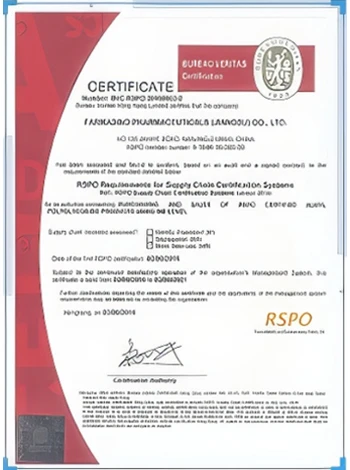



Effective Salt Water Systems for Maintaining Clean and Safe Swimming Pools
Salt Water Treatment for Swimming Pools The Future of Pool Maintenance
As summer approaches, many homeowners dream of lounging by their private swimming pools, basking in the sun, and enjoying cool dips in refreshing water. However, the joy of owning a pool often comes with a significant amount of maintenance and the constant battle against algae, bacteria, and the harsh chemicals commonly used in traditional chlorinated pools. An innovative solution to these challenges is salt water treatment systems, which are rapidly gaining popularity among pool owners.
Understanding Salt Water Pools
A salt water pool is not entirely free of chlorine; rather, it utilizes a salt chlorine generator that converts salt into chlorine through a process called electrolysis. The system uses low levels of salt, roughly 3,000 to 6,000 parts per million, which is significantly lower than seawater's saline levels of approximately 35,000 parts per million. This slight salinity is not only less irritating to the skin and eyes than traditional chlorine, but it also provides a more comfortable swimming experience.
Advantages of Salt Water Treatment
1. Reduced Chemical Use One of the most significant advantages of salt water pools is the reduction in the use of harsh chlorine chemicals. The electrolysis process generates chlorine as needed, ensuring that chlorine levels remain balanced while minimizing the need for manual chemical handling.
2. Softer Water The addition of salt creates silky-smooth water, which is easier on the skin and eyes compared to conventional hard chlorinated water. Swimmers can enjoy longer periods in the pool without discomfort.
3. Lower Maintenance Costs Although the initial installation of a salt water pool system may be higher compared to traditional pools, the long-term savings on chemicals and reduced maintenance make it an economical choice. With fewer chemicals to purchase and manage, pool owners can spend less time on upkeep.
4. Algae and Bacteria Control Salt water pools maintain a more consistent chlorine level, which helps keep algae and bacteria at bay. This can lead to clearer water and a more inviting swimming environment.
5. Environmentally Friendly Option Reducing the reliance on chemical chlorine not only benefits swimmers but also has positive implications for local ecosystems. Fewer harsh chemicals mean less chemical runoff into the environment.
salt water treatment for swimming pools

Potential Drawbacks
Despite the numerous benefits, salt water pools do have some potential drawbacks that pool owners should consider. The salty water can be corrosive to certain metals and materials, meaning that fittings and pool components must be carefully chosen to resist corrosion. Moreover, the upfront investment in a salt chlorine generator can be significant, and ongoing monitoring of salt levels and equipment maintenance is essential to ensure the system functions properly.
Maintenance Tips for Salt Water Pools
Maintaining a salt water pool requires a different approach than traditional pools. Here are some tips for effective maintenance
- Regular Testing Regularly test water chemistry to maintain balanced pH, alkalinity, and chlorine levels. Most salt water systems will indicate when chlorine production is suboptimal.
- Clean the Salt Cell Over time, the salt cell can accumulate calcium deposits, which can hinder the electrolysis process. Cleaning the cell every few months will ensure efficient operation.
- Monitor Salt Levels Keep an eye on the salt levels, especially after heavy rains or water evaporation. Adjust as necessary to maintain optimal performance.
Conclusion
In conclusion, salt water treatment systems present a modern alternative to traditional swimming pool maintenance, offering numerous benefits such as reduced chemical use, softer water, and lower long-term costs. While there are potential downsides to consider, such as corrosion risks and initial investment costs, the advantages often outweigh these concerns for many pool owners. With proper maintenance, a salt water pool can provide years of enjoyment, transforming the way we experience pool ownership. As technology continues to evolve, embracing salt water treatment may just be the future of swimming pool care.
-
Why Sodium Persulfate Is Everywhere NowNewsJul.07,2025
-
Why Polyacrylamide Is in High DemandNewsJul.07,2025
-
Understanding Paint Chemicals and Their ApplicationsNewsJul.07,2025
-
Smart Use Of Mining ChemicalsNewsJul.07,2025
-
Practical Uses of Potassium MonopersulfateNewsJul.07,2025
-
Agrochemicals In Real FarmingNewsJul.07,2025
-
Sodium Chlorite Hot UsesNewsJul.01,2025










